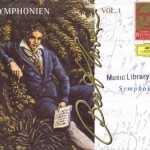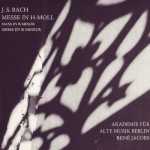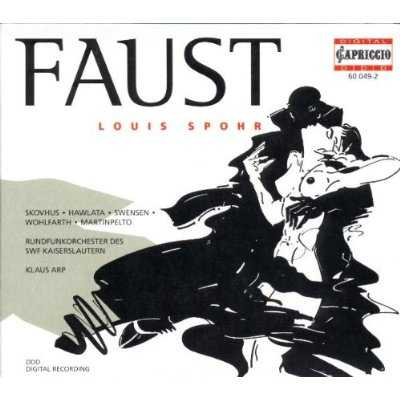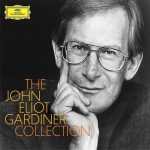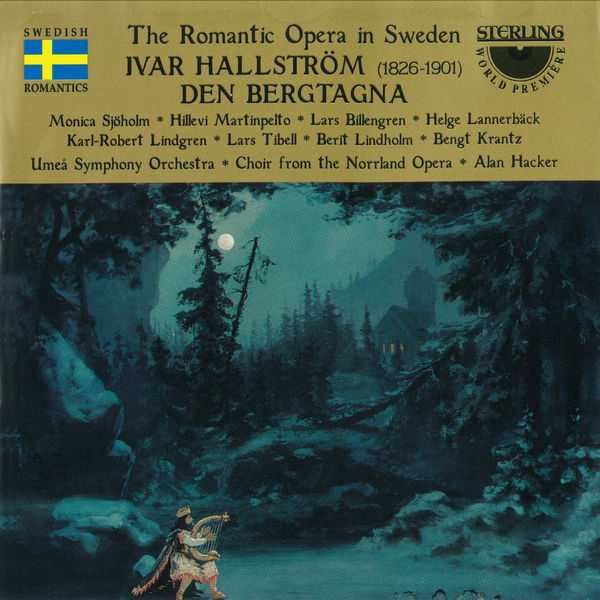
Composer: Ivar Hallström
Performer: Monica Sjoholm, Hillevi Martinpelto, Lars Billengren, Alan Hacker, Choir from the Norrland Opera
Orchestra: Umea Symphony Orchestra
Conductor: Alan Hacker
Format: FLAC (tracks)
Label: Sterling
Catalogue: CDO1001
Release: 1987
Size: 501 MB
Recovery: +3%
Scan: yes
Den Bergtagna
Act 1
01. Introduction: “Och jungfrun hon skulle sig till ottesangen ga”
02. Prelude
03. Scene I: “Till gastabuds vi dricka I Juleqvall”
04. Scene I: Jag dricker till er, I kara frander alla
05. Scene I: “Sa dansa vi nu med lusteligt sinn”
06. Scene II: “Ratt garna jag sage den Bergakung!”
07. Scene II: Ballad. “Det var sent om en timma, sista skartorsdagsqvall”
08. Scene III: “Saa sena gaster? Ulf, se hvem det ar”
09. Scene IV: “Jag halsar eder alla”
10. Scene IV: “Lundar I soder nog jag sag”
11. Scene IV: Trollpolska. “Necken sin harpa slar, dansen I skogen gar”
12. Scene V: Duo. “Ma jag nu den fagra fanga. Sallsam makt mig haller”
13. Scene VI: “Herre Konung! En strang pa harpan sprang”
14. Scene VI: “Guds moder med sin englaskara”
Act 2
15. Scene I: “Hur fager hon var! Hur skon hennes bild I hjertat flammar”
16. Scene II: “Nu ar den signade juledag utofver jorden kommen”
17. Scene IV: “Hon gar – och moderns makt jag ej bryta kan”
18. Scene V: “Guds heliga moder”
19. Scene V: “Du allt skall glomma uti min famn”
20. Scene V: “Guldet flammar, I bergets kammar”
Act 3
21. Scene I: “Sjud utofver bergets laga, glomskans dryck”
22. Scene I: “I bergets gomma ensam har jag sitter ofvergiven!”
23. Scene II: “Hvad vill du har?”
24. Scene II: “Ja, jag kan alska! Ja, jag kan hata!”
25. Scene II: “Trolldomsdryck, I berget sjuden”
26. Scene III: “Hui, ho! Skont ar I berget att bo!”
27. Scene V: “Valkommen till berget, du kungasalens ara!”
28. Scene V: “Jag ar din! Jag vill envigt dig folja”
29. Ballet
30. Bergandarnas intag
Act 4
31. Scene I: “Spinn, spinn, gyllne sländan min”
32. Scene I: “Det är som om minnet mig hviskade”
33. Scene II: “Hur är det herskarinna?”
34. Scene II: “När oss Bergakugen hotar”
35. Scene III: “Säg drottning, hvar är sonen din?”
36. Scene III: “Din sorg, tårar? Ditt qval honom sårar
37. Scene III: “Funne du endast källkristallen, som ned från jorden är fallen”
38. Scene III: “Kylande bäck ur jordens famn
39. Scene V: “Herre konung! Släpp ut mig!”
40. Scene V: “Nåväl så gå! Du har aldrig älskat!”
Act 5
41. Scene I: “Och jungfrun hon skulle sig till ottensågen gå”
42. Scene II: “Hu, jag fryser! Mig stormen genomisat”
43. Scene II: “Ja, det är jag! Hvar är min moder?”
44. Scene III: “Du nämt mitt namn!”
For what it’s worth, Ivar Hallström’s formidable five-act opera Den Bergtagna (The Bride of the Mountain King) has the distinction of being the grandest Swedish nineteenth century opera on a nationalistic theme. One does not choose the phrase “for what it’s worth” lightly here; after achieving an impressive 85 performances between its premiere on May 20, 1874, and the year 1910, Den Bergtagna was socked away in the mothballs and not heard again for another 76 years. This Sterling recording is the first made of Den Bergtagna, and derives from one of the early revival performances by the Norrland Opera held in 1987. Some orchestral segments cut from the live show are appended in the form of studio-made recordings included at the end of the two-disc set.
Musically at least, Den Bergtagna is in the possession of some unusual features; Hallström foregoes the overture and forges right into a scene for Ulf, the old servant and the chorus, only launching into the overture afterward. This is followed by yet another introduction, during which the opera proper finally begins. Hallström’s music represents a sort of fusion of Grieg and Wagner, diametrically opposing influences that go together sort of like ice cream and salmon. This is exactly how it works in Den Bergtagna, but some individual elements stand out, particularly in choral passages. Lars Tibell and Hillevi Martinpelto, as the Mountain King and the character Ingeborg, respectively, have an awful lot of singing to do in this opera, and they hold up okay until near the end of the second act, when both singers show desperate signs of getting tired. After that, Den Bergtagna begins to fall on its sword. The appended ballet music and prelude give us a bit more of Hallström’s music, but these are not very distinguished pieces; the best parts of the opera itself are more substantive.
The above noted complaints are actually not what is “worst” about Den Bergtagna. That is the recording quality; cramped, buzzing with line noise and betraying the telltale signs of being taken from television audio. A glance at the tiniest print on the back cover reveals that this recording was a joint venture between Sterling, Norrland Opera, and Swedish Television. When are European record companies going to learn that TV audio is not an acceptable alternative for recording a large and expensive work for release on CDs? The sound from video just simply is not good enough, and they would have done better to just to issue a DVD of the opera rather than go through the trouble of compiling a two-disc set with a 72-page booklet containing the translation. With so many outstanding, and sonically satisfying, recordings in its catalog already, Sterling should have known better.
